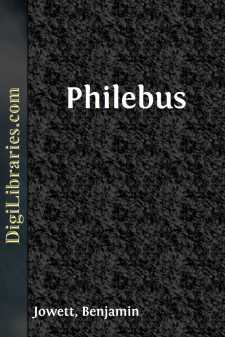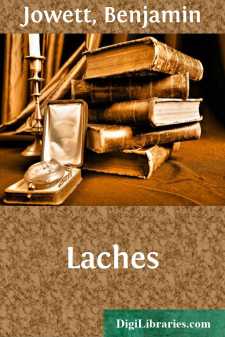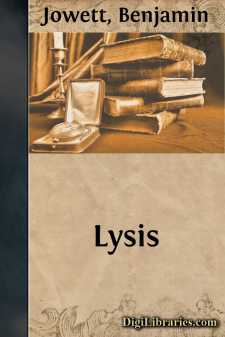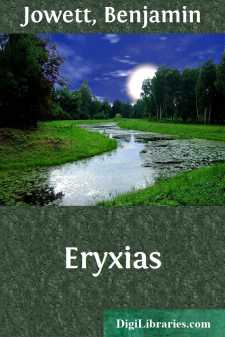Categories
- Antiques & Collectibles 13
- Architecture 36
- Art 48
- Bibles 22
- Biography & Autobiography 813
- Body, Mind & Spirit 142
- Business & Economics 28
- Children's Books 14
- Children's Fiction 11
- Computers 4
- Cooking 94
- Crafts & Hobbies 4
- Drama 346
- Education 46
- Family & Relationships 57
- Fiction 11828
- Games 19
- Gardening 17
- Health & Fitness 34
- History 1377
- House & Home 1
- Humor 147
- Juvenile Fiction 1873
- Juvenile Nonfiction 202
- Language Arts & Disciplines 88
- Law 16
- Literary Collections 686
- Literary Criticism 179
- Mathematics 13
- Medical 41
- Music 40
- Nature 179
- Non-Classifiable 1768
- Performing Arts 7
- Periodicals 1453
- Philosophy 64
- Photography 2
- Poetry 896
- Political Science 203
- Psychology 42
- Reference 154
- Religion 513
- Science 126
- Self-Help 84
- Social Science 81
- Sports & Recreation 34
- Study Aids 3
- Technology & Engineering 59
- Transportation 23
- Travel 463
- True Crime 29
Sort by:
by:
Benjamin Jowett
INTRODUCTION AND ANALYSIS. The Philebus appears to be one of the later writings of Plato, in which the style has begun to alter, and the dramatic and poetical element has become subordinate to the speculative and philosophical. In the development of abstract thought great advances have been made on the Protagoras or the Phaedrus, and even on the Republic. But there is a corresponding diminution of...
more...
by:
Benjamin Jowett
INTRODUCTION. Lysimachus, the son of Aristides the Just, and Melesias, the son of the elder Thucydides, two aged men who live together, are desirous of educating their sons in the best manner. Their own education, as often happens with the sons of great men, has been neglected; and they are resolved that their children shall have more care taken of them, than they received themselves at the hands of...
more...
by:
Benjamin Jowett
INTRODUCTION. No answer is given in the Lysis to the question, 'What is Friendship?' any more than in the Charmides to the question, 'What is Temperance?' There are several resemblances in the two Dialogues: the same youthfulness and sense of beauty pervades both of them; they are alike rich in the description of Greek life. The question is again raised of the relation of knowledge...
more...
by:
Benjamin Jowett
APPENDIX II. The two dialogues which are translated in the second appendix are not mentioned by Aristotle, or by any early authority, and have no claim to be ascribed to Plato. They are examples of Platonic dialogues to be assigned probably to the second or third generation after Plato, when his writings were well known at Athens and Alexandria. They exhibit considerable originality, and are remarkable...
more...





